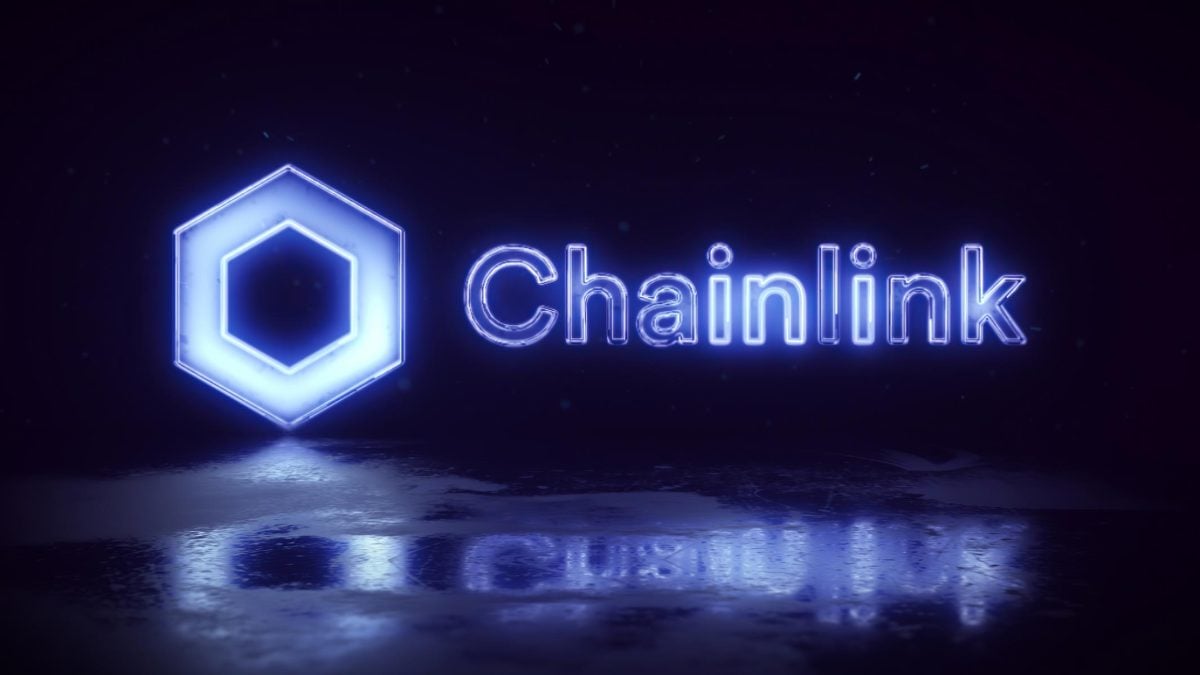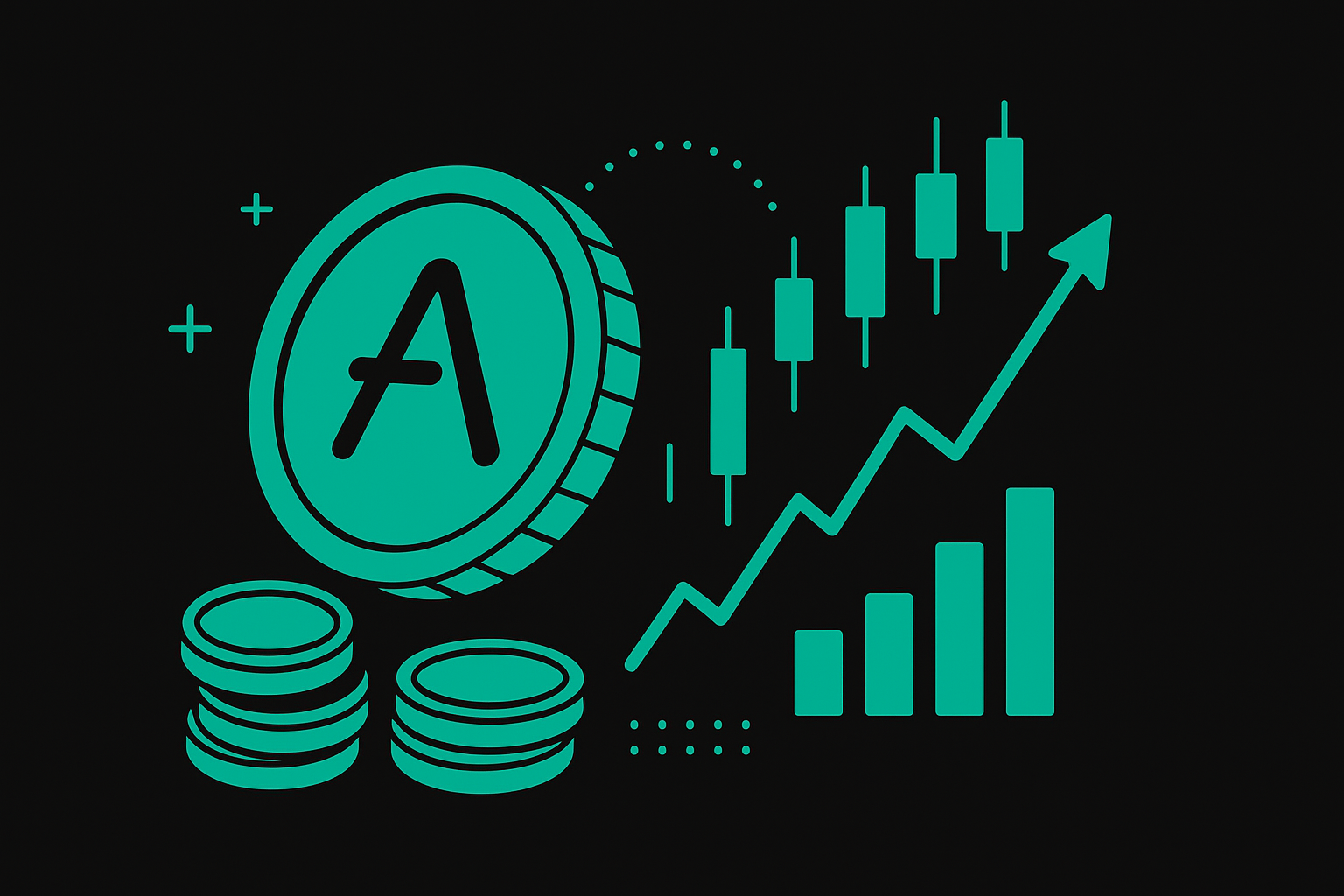ARTICLE AD BOX

- Chainlink is currently the 14th largest cryptocurrency by market capitalization, valued at around $8.63 billion, with the token trading at $13.14.
- Since launch, Chainlink has played a role in tokenization, and in a new article, the team explores how they’re helping bring real-world assets onto the blockchain.
When the topic of tokenization comes up, whether it’s real estate, stocks, or even carbon credits, Chainlink is almost always part of the conversation. And for good reason: Chainlink provides the infrastructure that makes tokenization actually work. In an article titled “5 Real-World Tokenization Success Stories from Across the U.S.”, Chainlink’s team highlights how its technology is already powering five real-world use cases.
Chainlink is a decentralized oracle network, which basically means it acts as a secure bridge between blockchain systems and real-world data, like asset prices, interest rates, and even weather updates. So let’s take a closer look at how financial institutions are helping turn tokenization into reality.
1. Citigroup
Citigroup is one of the largest banks in the world and is diving deeper into the world of tokenization, specifically through tokenized deposits. In June 2023, during Sibos, Citigroup participated in joint experiments led by SWIFT and Chainlink, testing the use of Chainlink’s Cross‑Chain Interoperability Protocol (CCIP) to move tokenized assets across public and private blockchains.
Citi tested tokenized deposits to automate shipping payments, replacing traditional letters of credit with a faster, digital process. After successful pilots, Citi moved the platform into commercial use in 2024, facilitating multimillion-dollar daily transactions for corporate treasurers with “24/7, always-on cross-border liquidity”.
2. Goldman Sachs
In November 2022, Goldman Sachs used its GS DAP platform to issue a €100 million digital bond for the European Investment Bank on a private blockchain. What made it unique wasn’t the size but its speed. The bond was issued and settled on the same day, a process that normally takes up to five business days.
platform to issue a €100 million digital bond for the European Investment Bank on a private blockchain. What made it unique wasn’t the size but its speed. The bond was issued and settled on the same day, a process that normally takes up to five business days.
Payment and delivery were completed in under 60 seconds, making it the first fully digital bond of its kind to settle instantly and be listed on the Luxembourg Stock Exchange by a public institution. Goldman Sachs didn’t stop there. Just recently, they shared plans to roll out a tokenized bond and money market fund trading platform that’ll be open 24/7, making round-the-clock access to traditional financial products a reality.
3. Franklin Templeton
Franklin Templeton brought traditional finance into the blockchain space, especially with its focus on tokenizing U.S. government money market funds. Using its Benji Technology Platform, the firm launched the Franklin OnChain U.S. Government Money Fund (FOBXX) back in April 2021, making it the first U.S.-registered mutual fund to process trades and record ownership on a blockchain, specifically, Stellar. They’ve since expanded access by allowing direct peer-to-peer transfers and enabling purchases through USDC, making the fund more accessible and flexible.
According to the report, as of May 2025, the fund holds over $760 million in total net assets. Investors can tap into features like secondary trading, DeFi collateralization, and deeper integration with on-chain financial infrastructure, showing how blockchain is reshaping even the most traditional corners of finance.
4. State Farm & USAA
State Farm and USAA joined forces to fix one of the insurance industry’s most outdated processes: claims subrogation. This is where one insurer reimburses another after handling a claim. It used to be a slow, paper-heavy mess involving tons of back-and-forth and manual payments. But starting in 2018, the two companies began testing a blockchain-based system using Quorum, and by early 2021, it was in full production. What once meant dozens of payments per claim has now been streamlined into automated, netted transactions, cutting out around 75,000 paper checks a year.
While State Farm and USAA have laid this solid foundation on private blockchains, there’s still room to grow, and that’s where Chainlink comes in.
5. IBM & IPwe
IBM partnered with IPwe, a Paris-based startup, to shake up the outdated patent system using AI and blockchain. Together, they launched the Global Patent Registry, a first-of-its-kind, blockchain-powered platform that pulls in and verifies patent data from across the globe. It helps clean up messy ownership records and brings much-needed transparency to intellectual property.
While their current setup runs on private networks like Hyperledger and Casper, there’s still room for tools like Chainlink to play a future role. With its oracle services and cross-chain tech like CCIP, Chainlink could help support things like verifiable patent metadata and enable patent NFTs to move across blockchains.
.png)
 4 months ago
8
4 months ago
8








 English (US)
English (US)